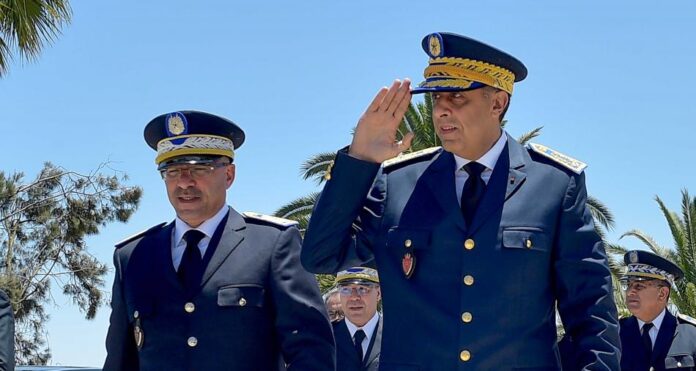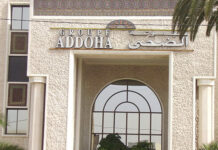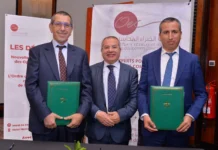Morocco’s national police agency is continuing its push to modernize and revitalize its leadership. Over the weekend, six new appointments were announced across the country, reinforcing the strategic direction set by Abdellatif Hammouchi, the man at the helm of the General Directorate for National Security (DGSN). His approach has been clear: bring in younger, more qualified leaders who combine integrity with hands-on experience, and build a more responsive and efficient security apparatus in the process.
The latest reshuffle reflects this ongoing transition. In Settat, a deputy chief has been appointed to oversee the local security zone. Ouarzazate has a new head of regional judicial police, while in Ben Guerir, the administrative police branch is now under new leadership. Two new commissioners have also taken charge in different precincts in Taza, and traffic operations in Azrou are now led by a younger officer. Each of these appointments is part of a deliberate move to inject new energy and capability into the force.
This is not just about filling vacancies—it’s part of a broader managerial strategy. The DGSN has consistently emphasized that its leadership choices are based on merit, experience, and ethical standards. The goal is to modernize police operations, strengthen their presence at the local level, and improve the agency’s ability to meet public expectations in a rapidly changing society.
These most recent nominations come just days after another wave of changes impacted key positions in some of Morocco’s largest cities. Casablanca, Fes, Marrakech, Laayoune, and Rabat all saw new leaders appointed to local police departments. Among them were the new head of security in Tetouan and the newly assigned commissioner for the Sidi Ifni port police station. Other posts were filled in districts like Hay Hassani, Youssoufia, and Sefrou—part of a widespread restructuring effort aimed at decentralizing authority and enhancing operational responsiveness.
Through these repeated waves of appointments, Hammouchi is implementing a clear and consistent vision. Over the past few years, his leadership has focused on generational renewal, placing trust in emerging talent and emphasizing continuous training, professional merit, and ethical conduct. It’s a strategy tailored to meet the demands of an increasingly complex security environment, where challenges range from urban crime to cyber threats.
But what’s at stake goes far beyond internal staffing. The broader aim is to build a security administration that’s more in tune with the pace and diversity of Moroccan society. That means developing leadership with strong local roots, trained to address modern public safety issues, and capable of applying a nuanced understanding of the communities they serve. These new profiles are expected to help shape a security force that is not only more transparent and efficient, but also better equipped to earn public trust and respond quickly to real-world concerns.





